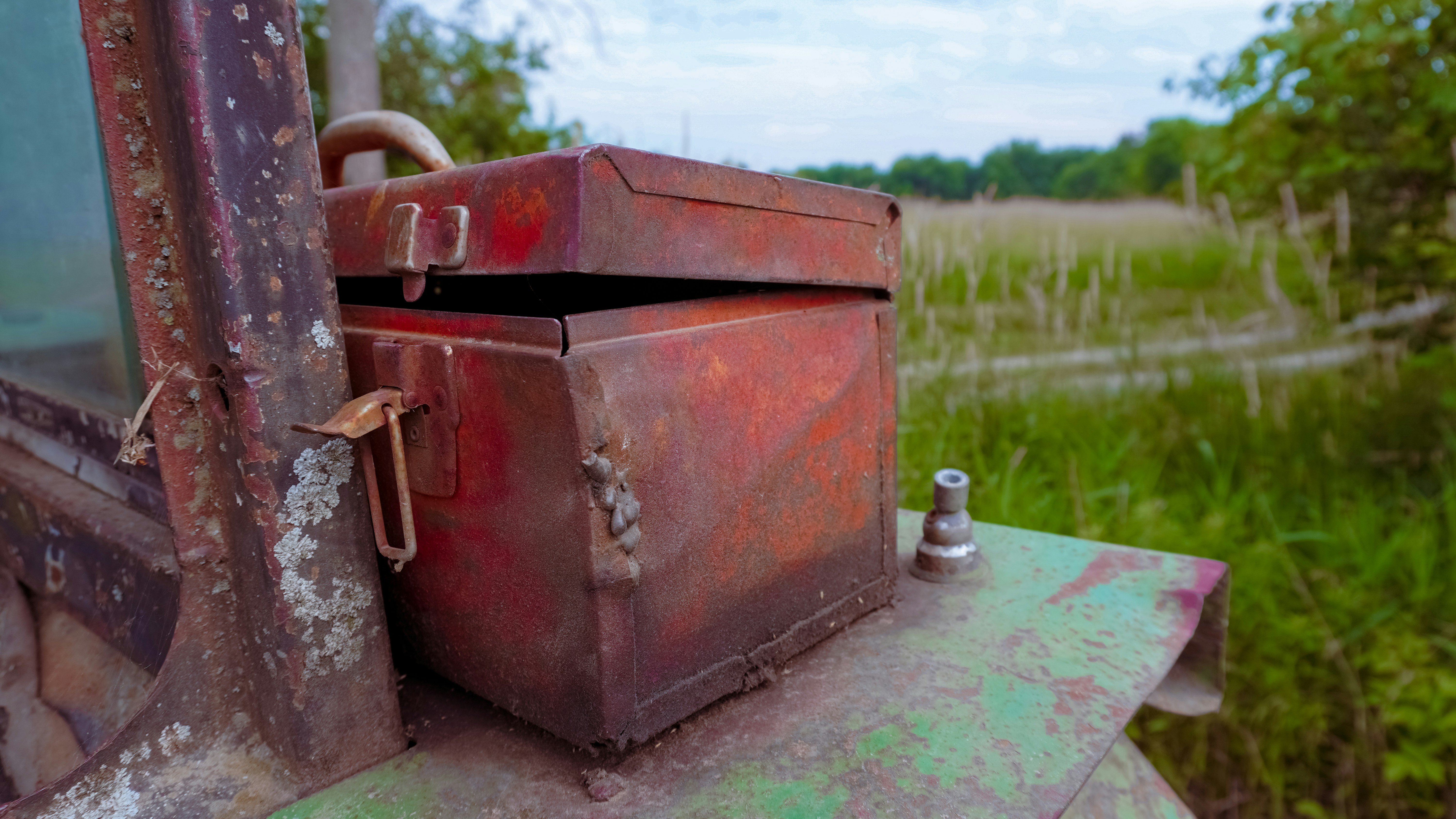Get supplies safely into the air and then accurately deliver them to troops on the ground. Enjoy an incredible job, flying with the Army and the RAF.
- £25,200 The minimum amount you’ll earn during training
- £25,200 Your pay after completing basic trade training
- Age From 16 years & 6 months to 35 years & 6 months
As Air Despatchers, we support all three services, special forces and other governmental agencies in aerial delivery jobs - from dispatching bottled water to vehicles.
Air Despatchers are responsible for preparing, loading and despatching supplies and equipment from military aircraft. We deploy to overseas locations at very short notice to re-supply personnel by air, land, or sea. We also complete assignments at the Test and Evaluation Unit where new ideas and equipment are trialled and developed.
The Royal Logistic Corps are the Army’s professional logisticians keeping the Field Army marching, its helicopters flying, its vehicles moving and its tanks and guns firing. We enable its deployment and supply it with everything it needs, wherever it operates, throughout the world.
Provide support to the British Army through Aerial Delivery using different types of aircraft.
Located at RAF Brize Norton, you will work within a Very High Readiness Task Troop.
Primarily be located in the UK with opportunities to deploy worldwide.
Gain specialist driving licences and qualifications, including personal leadership, communication, and computing skills.
Complete NVQ Levels 2 - 6 in Leadership and Management, Level 2 Certificate in Logistics and Transport and Level 2 LGV Driver Apprenticeship.
Training Steps
Step 1:You'll start with your initial military training which teaches you how to be a soldier, covering everything from fieldcraft to how to handle a rifle.
If you join as aJunior Soldier(under 17 years and 6 months), you’ll do the basic military training (short) course at Harrogate. If you join as aRegular Soldier(over 17 years and 6 months), you’ll do the regular adult basic training.
Step 2:Next, you will undertake your Class 3 Driver course at the Defence School of Transport in Leconfield, which will take about 25 weeks to complete. This will include earning you category B and C+E licenses, learning off-road driving, driving different vehicles, Hazmat, and basic vehicle maintenance.
Step 3:You will then begin the 12-week Basic Air Despatcher course where you will be taught the basic principles of aerial delivery, including air safety, supply drop equipment, loading and unloading an aircraft, and air despatch drills. On completion of this course, you will be qualified in various systems and ready to progress onto the Class 2 course. On promotion to Lance Corporal, you will complete the Drop Zone Non-Commissioned Officer course and other specialist Air Despatch courses.
Qualifications You Could Get After Training
- Level 2 Large Goods Vehicle (LGV) driver C + E Apprenticeship
- NVQ Level 2 Certificate Logistics and Transport
- NVQ Levels 2 – 6 in Leadership and Management
- Numeracy Levels 1 and 2
- Materiel Accounting and management qualifications
- Further Air Despatch specialist qualifications
- Military parachutist (on completion of P Company)
- Opportunities to obtain various instructor qualifications
You'll earn £25,200 a year from the start of your training, which will go up as you progress throughout your career. Soldiers will receive Initial Rate RRP(FC) when they have completed the Basic Air Despatch Course and have entered their 5th year of reckonable Service. Personnel will then receive the Higher Rate after 9 years’ service from the qualifying competence.
How to Apply
Once your online application has been approved, you'll meet with a local recruiter. This is your chance to tell us about the role that you're interested in. When you go to the Assessment Centre, you'll take tests - the results will show whether you'd be suitable for this role, or should consider a different role.
Get troops and supplies to their destination - cross-country and through jungle, desert, and mountains. Get driving licences and qualifications to kick-off your career.
#J-18808-Ljbffr


